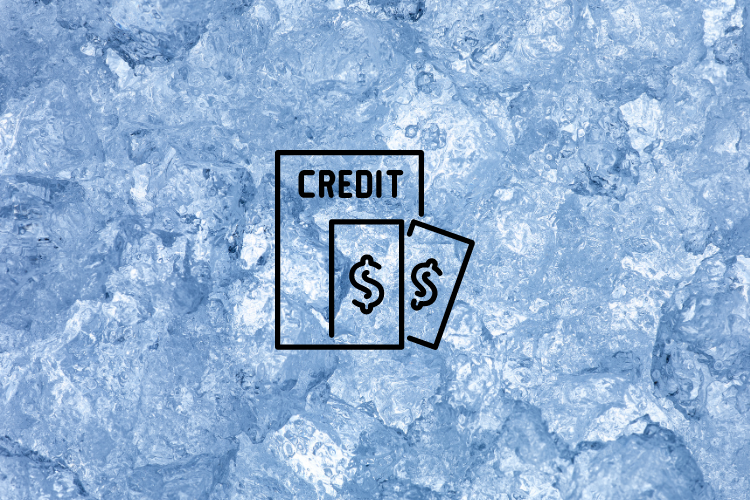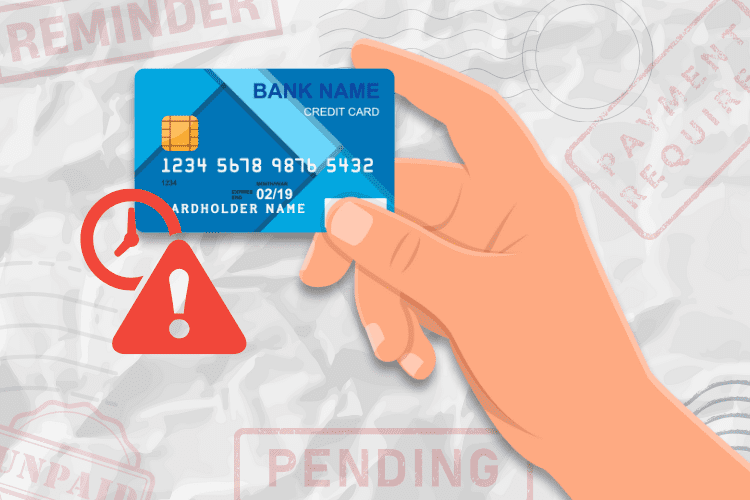How and Why You Should Freeze Your Credit

Protecting yourself from identity theft is extremely important, especially in today’s financial world. Living daily is not easy, and scammers are getting more crafty in taking what belongs to others and claiming it as their own. If you’ve been considering ways to protect your hard-earned financial assets and credit against data breaches and identity theft, you may want to freeze your credit.
Why Freeze Your Credit?
Freezing your credit is an excellent way to protect yourself against credit fraud and can go a long way toward protecting your credit. A credit freeze can prevent others, including lenders, from viewing your credit reports, which can seem extreme to some. However, this is a good thing if your identity has been compromised. For instance, even if someone has access to your personal information, such as your Social Security number, they won’t be able to open accounts in your name because lenders won’t approve credit for them.
Advantages of Freezing Your Credit
- A credit freeze can protect you against credit fraud
- Freezing your credit is a free process
- The process only takes a few minutes to complete with each credit reporting agency (Experian, Equifax, and TransUnion)
- It doesn’t affect your credit scores
- It helps limit you from overspending or using too much credit
Disadvantages of Freezing Your Credit
- Since lenders won’t be able to view your credit file, getting approved for new lines of credit would also be challenging.
- You’ll need to take the time to file a credit freeze with all three major credit reporting agencies.
- You’ll need to provide some PII to file. Credit agencies will need to verify your social security number and a copy of a photo ID and proof of residence.
- If you need to apply for credit yourself during a credit freeze, you’ll need to lift the freeze and then freeze again afterward temporarily.
- A credit freeze can prevent credit fraud, making it difficult for anyone to open a credit account in your name. However, freezing your credit does not prevent identity theft.
Who Has Access to Your Frozen Credit Reports?
Most people are not able to access frozen credit, but some people still will have access to your credit even if you freeze it, and they are:
- You
- Current creditors and debt collectors
- Marketers can see enough to send you offers
- Possibly, the government and child support agencies
Other Ways To Protect Your Credit
Even if you freeze your credit, there are other actions to take to protect your credit. Make sure to use passwords on all your documents and protect your PII. Do not use the same password for all of your files. A password manager can help with managing various passwords you use.
Limiting the amount of personal information you provide to the public is also recommended. Most people can quickly figure out a password because of the information you give them access. For example, if you steadily post pictures of your beloved pet(s) and put names out there, it’s not unusual for a criminal to try various aspects of a password that features your pet’s name. In addition, a security question asking for your pet’s name could be too easy for a hacker if you’ve constantly displayed this information.
Who Should Freeze Their Credit?
With credit fraud on the rise, anyone with credit is recommended to freeze their credit. However, we realize the inconvenience this can sometimes bring. So, at most, if you think your data or credit may have been compromised, have been the victim of identity theft, or fear suspicious activity on any of your accounts, freezing your credit is a smart thing to do.
How To Freeze Your Credit
Freezing your credit will involve contacting the three major credit bureaus individually:
- To freeze your credit with Equifax, call 800–349-9960 or go to their website.
- To freeze your credit with Experian, call 888-397-3742 or go to their website.
- To freeze your credit with TransUnion, call 888-909-8872 or go to their website.
Freezing your credit will require the credit agencies to send you a PIN. Store the PIN in a place you’ll know to grab when needed. You’ll need the PIN to unfreeze or thaw your credit should you need to.
How To Unfreeze Your Credit
If you need to apply for new credit during a credit freeze, you must unfreeze your credit. This may be a temporary thaw, or you may decide to unfreeze permanently. Not all lenders will check with all three credit bureaus. If that is the case, you can verify with the lender which credit bureau it will review your credit with, then only unfreeze with that bureau.
Either way, the process to unfreeze your credit is the same. If you froze your credit online, go to the website and use the account you used to freeze your credit to unfreeze it. You may also be able to unfreeze by phone or regular mail if you can verify certain information. Unfreezing (except by mail) generally takes effect within 30 minutes.
You may want to set a period for thawing your credit for peace of mind. Allow yourself the time you think you will need on your own behalf. When the period is over, your credit will automatically refreeze without you having to do additional work.
The Bottom Line
Freezing your credit is a big step in protecting your credit. While it may not completely protect you from identity theft, it can effectively keep criminals from opening credit accounts in your name. Once your credit is frozen, it’s also wise to get a free credit report every six months to monitor your credit report. Take the steps necessary to ensure there is a limited risk of exposing your credit information thieves. Contact your credit bureau agencies to learn more.
Read More:










